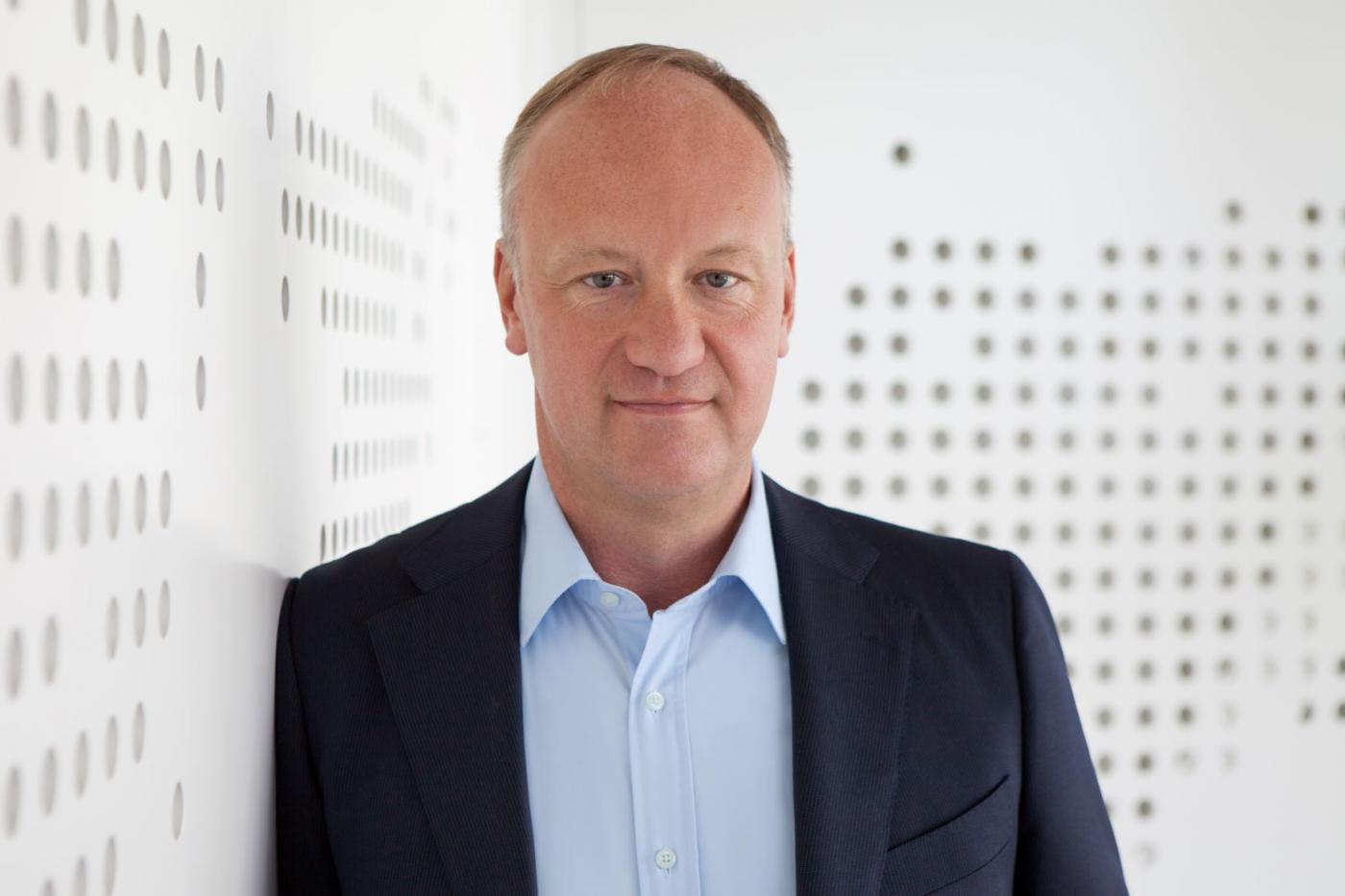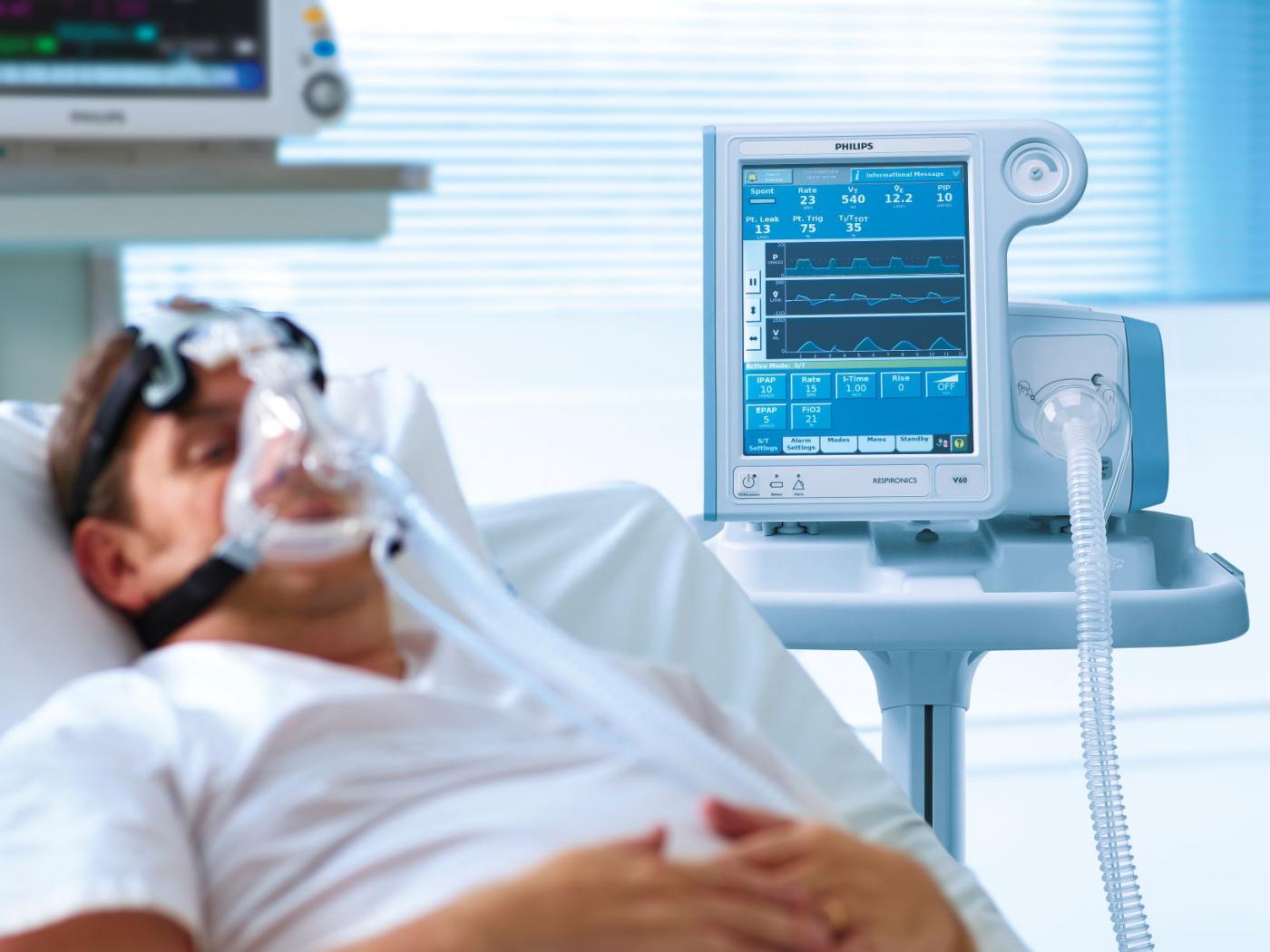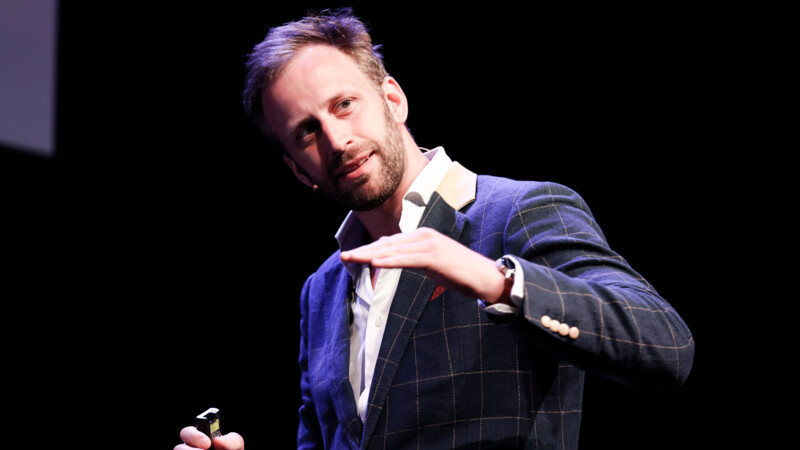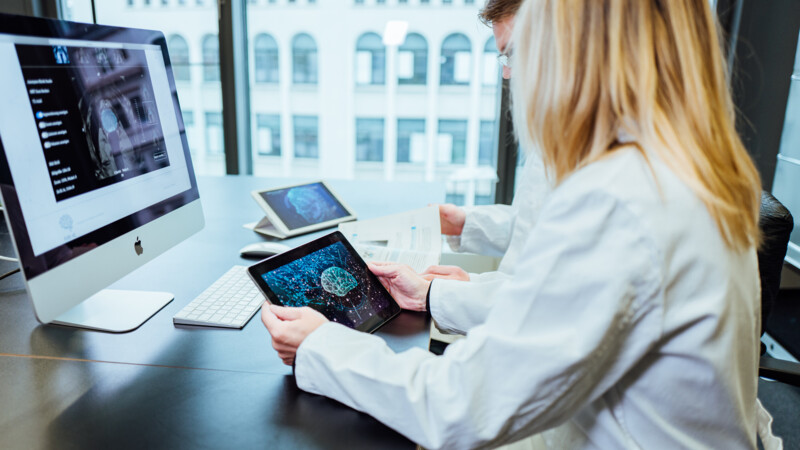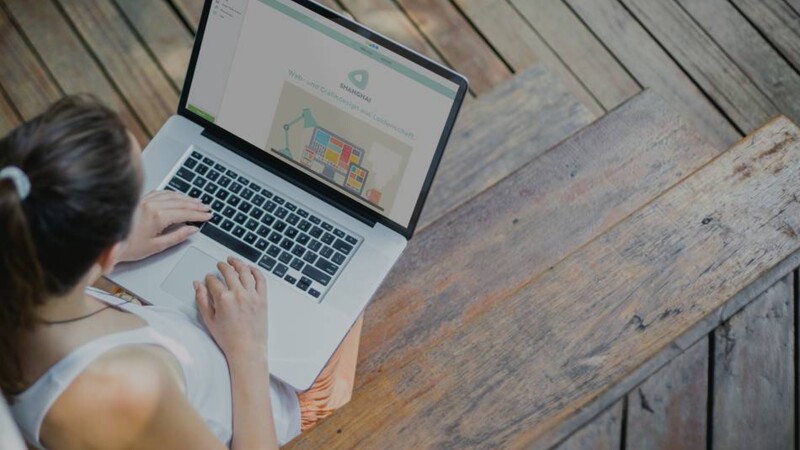Hamburg News: Interest in video consultation has risen amid COVID-19. Is that paving the way to telemedicine?
Peter Vullinghs: Digital networking among patients and professionals per telemedicine was a crucial aspect of healthcare when the risk of infection had to be reduced through physical distance. At the same time, telemedical solutions have great benefits especially in reference to the COVID-19 pandemic. The added value of quickly available digital data became clear. By providing patients with care close to their homes and maintaining the same high standard of treatment, the care of intensive care patients was managed better. Specialists supported each other by exchanging data across locations and sectors, for instance, by calling in ultrasound experts for short-term, intensive care ultrasound examinations. Together, they decided on the care of the patient and improved it.
Hamburg News: Are you convinced of the advantages of telemedicine?
Peter Vullinghs: The advantages of such direct, location-independent exchange are obvious and will make telemedicine an essential part of a digitalised healthcare system in future. Of course, we at Philips are happy to drive this development forward. Our customer enquiries in the field of tele-intensive medicine have quadrupled. We support hospitals with our IT solutions for radiology, cardiology and intensive care, but also with solutions for networking service providers and patients.
Hamburg News: Will we see more digitalisation in the healthcare system and where do the greatest opportunities lie?
Peter Vullinghs: I am convinced that digital processes will improve our healthcare system in the long term. The greatest benefit of more digitalisation in the healthcare system lies mainly in the exchange of information and interdisciplinary, cross-sectoral work. Patient management is also gaining importance. Digital platforms connect patients more directly with practices and hospitals, thus easing the treatment path - from making appointments and preparations to online consultations.
Hamburg News: Mr. Vullinghs, thank you for the interview.
ys/kk/pb
Interview by Yvonne Scheller
